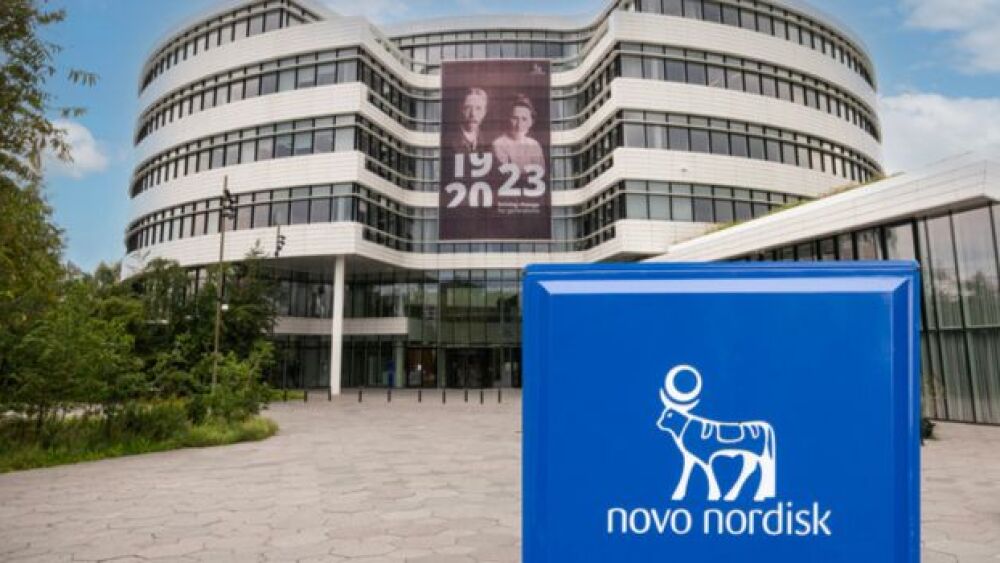Novo Nordisk’s investment of more than half a billion dollars is meant to expand its production capabilities in China and help it meet the global drug demand.
Pictured: Novo Nordisk’s corporate headquarters in Denmark/iStock, Ole Schwander
Novo Nordisk is investing approximately $556 million, or ¥4 billion, in a sterile preparations expansion project in its facility in China’s Tianjin city, the Danish drugmaker announced Tuesday in a Chinese-language announcement.
According to a translation of the press release, Novo’s new facility will use isolator technology which is designed to produce products and preparations with better sterility. The expansion project will also help the company meet the demands of the Chinese market for its therapies, the company said. Novo expects to complete the project in 2027.
First opened in 1994, Novo’s Tianjin production plant is one of its strategic production bases across the world and is a crucial piece of the global pharmaceutical supply system, the company noted in its announcement. The expansion project, which commemorates the 30th year of Novo’s China business, will boost the pharma’s production capacity as well as support localized drug production.
Novo held a groundbreaking ceremony for the new plant on Tuesday. In attendance at the event were representatives from the Danish embassy in China, leaders from the Tianjin municipality, as well as other government and company officials.
Novo’s Chinese expansion project comes as it tries to meet the market’s insatiable demand for its top-selling weight loss and diabetes therapy semaglutide.
First approved as the type 2 diabetes treatment Ozempic in December 2017, semaglutide is a GLP-1 receptor agonist that mimics the GLP-1 hormone and triggers the secretion of insulin from the pancreas in response to changes in blood glucose levels. In June 2023, the FDA approved semaglutide for chronic weight management, for which it carries the brand name Wegovy.
In 2023, Novo’s GLP-1 diabetes franchise grew by 38% while its obesity care business saw a massive 147% growth, both due to semaglutide. Ozempic and Wegovy contributed heavily to Novo’s $33.7 billion revenue in 2023.
Both semaglutide products—especially Wegovy—have struggled to keep up with the market’s ever-growing demand.
To help boost supply, Novo in November 2023 announced a $6 billion investment in its manufacturing capacity in Denmark. The project will involve a new plant that will produce active pharmaceutical ingredients, including those used in the company’s GLP-1 products. The funding started with an initial $3.6 billion tranche last year and will continue over the next six years.
Last month, Novo also dropped $16.5 billion to acquire manufacturing giant Catalent, including three fill-finish sites, which will also help the pharma fulfil the market demand for its products.
Tristan Manalac is an independent science writer based in Metro Manila, Philippines. Reach out to him on LinkedIn or email him at tristan@tristanmanalac.com or tristan.manalac@biospace.com.






